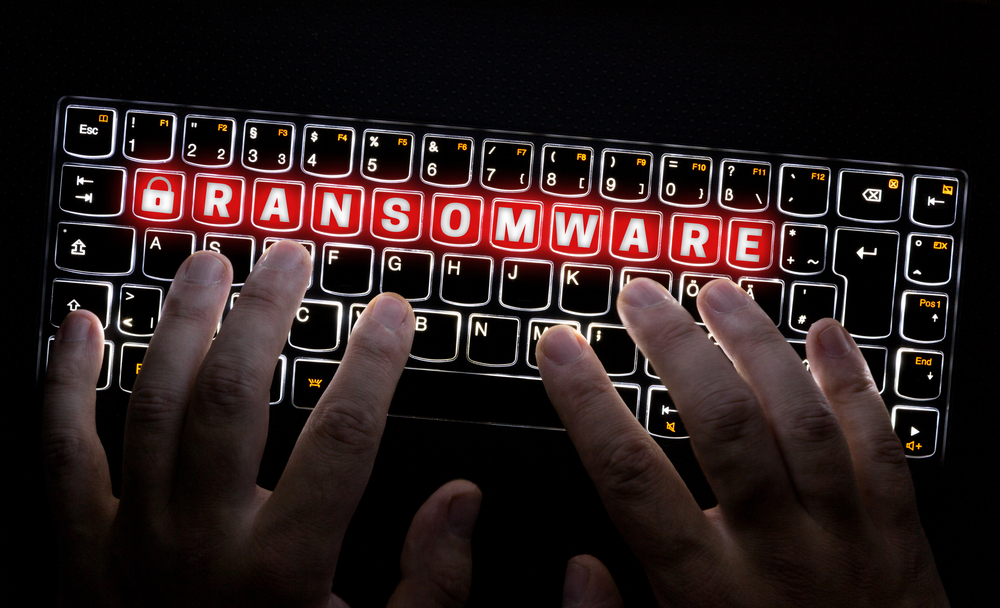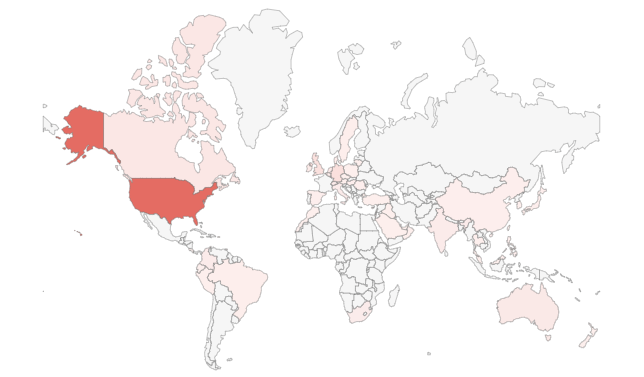Once the email attachment is opened, the target’s computer will reach out to the command-and-control (C&C) server hosting a BadaxxBot toolkit that acts as a redirector to the final phishing page.
A data breach involving Vice Media leaked the sensitive information and financial data of more than 1,700 individuals, according to filings with Maine’s Attorney General.
Despite its enormous potential, information security experts have raised concerns over the possible use of ChatGPT by threat actors to launch attacks, including malware development and convincing social engineering scams.
According to security researchers at Avanan, threat actors have been exploiting ClickFunnels’ ability to create pages with malicious links and ultimately conduct credential-harvesting attacks.
Business email compromise (BEC) has become one of the most popular methods of financially motivated hacking. And over the past year, one group, in particular, has demonstrated just how quick, easy, and lucrative it really is.
HPE noted a use-after-free vulnerability in its OneView infrastructure management platform that allows remote attackers to execute arbitrary code on targeted systems, leak data, or create conditions ripe for a DoS attack.
Admins, hosting providers, and the French Computer Emergency Response Team (CERT-FR) warn that attackers actively target VMware ESXi servers unpatched against a two-year-old remote code execution vulnerability to deploy ransomware.
PeopleConnect, the owners of the TruthFinder and Instant Checkmate background check services, confirmed they suffered a data breach after hackers leaked a 2019 backup database containing the info of millions of customers.
A new ransomware family called Nevada Ransomware has emerged on underground forums. The actors behind this variant, as experts with Resecurity confirmed, have an affiliate platform first introduced in the RAMP underground community. The group recently distributed an updated locker—written in Rust— supporting encryption of Windows and Linux/ ESXi systems.
Users of the GoAnywhere secure managed file transfer (MFT) software have been warned about a zero-day exploit that malicious actors can target directly from the internet.









